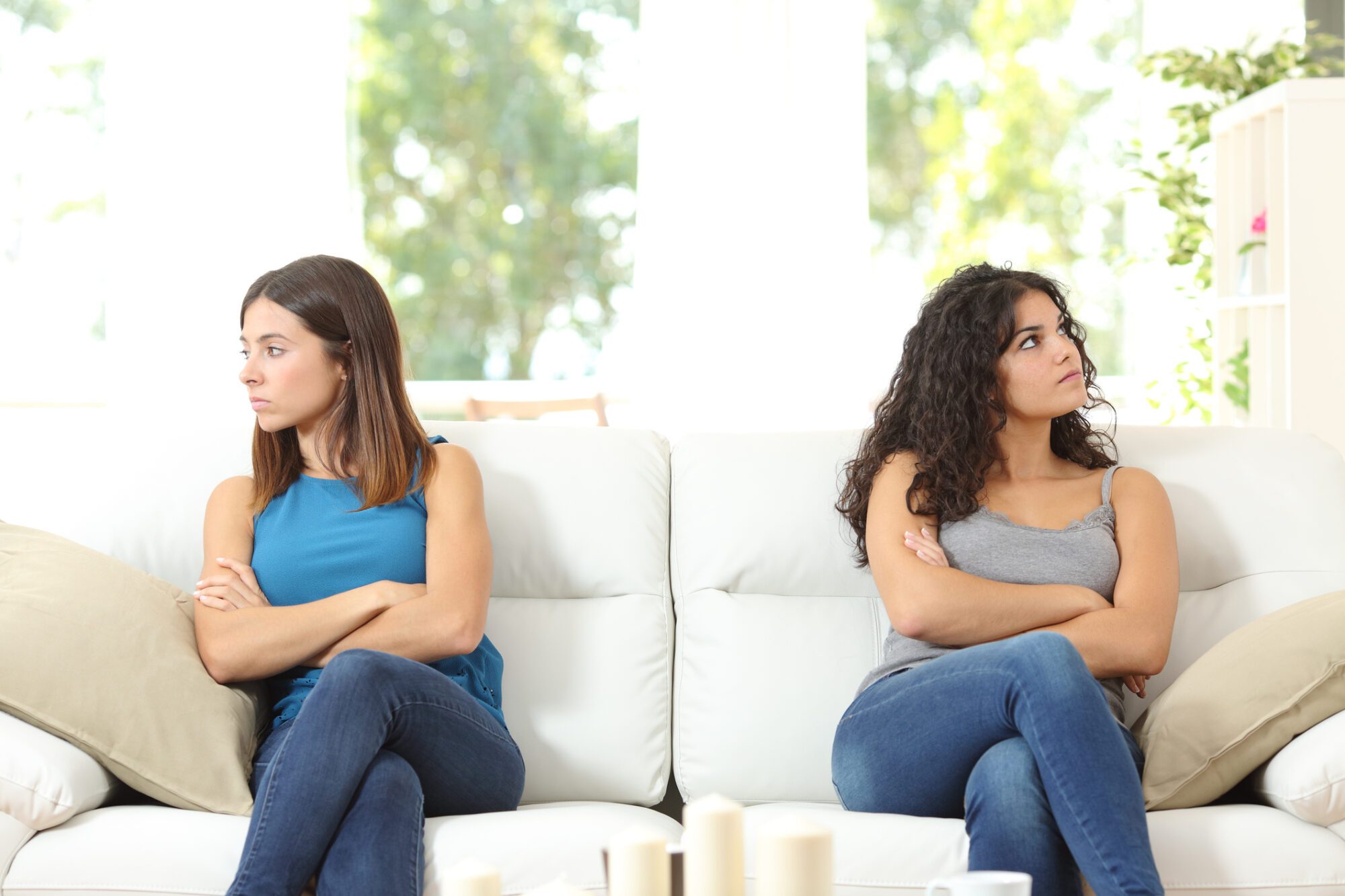Though we tend to think of bad breakups as the end of romantic relationships, losing a friend – especially one who has been close to you – can be just as hard.
In a recent session of a personal development group I run, several participants in their 20s and 30s got talking about being dumped by a friend. They were struck by how similarly the “breakup” had happened. Most thought things were okay, then received a long text in which the friend explained they were unhappy and wanted no further contact.
Many reacted as you might expect. “How did I not see this coming?” “How could my friend just end it?” They also said things like: “Why do I feel so devastated, when it’s not like they’re my life partner or anything?” “How can I talk about how bad this feels – or get support when people will probably think I’m overreacting?”
Research into attachment can help us make sense of why a friendship breakup can be devastating.
As children, our most important relationships are with our parents or caregivers. But during adolescence this changes.
This is part of our genetic design, readying us to grow up and build adult lives independent of our parents. We shift the person we most trust, rely on, and seek intimate contact with, to someone who is a romantic partner – or a best friend.
A bond with a friend – your companion, confidante and co-traveller through big changes as you enter adulthood – can be stronger than any other bond. Women in particular tend to discuss personal issues with friends more than they do with family.
As a psychotherapist, I often hear clients describe how friends provide ongoing stability even when romantic relationships might come and go. Having a best friend is an important part of healthy development.
So it’s no wonder that it can rock your world if things go wrong with that person. It can be especially disorienting if you didn’t see it coming. Research shows that the most common method of ending a friendship is by avoidance – not addressing the issues involved.
This can be a shock, and the feeling of being rejected can hurt as much as physical pain. It can knock your confidence, especially if you don’t understand what went wrong.
@meerablackburn Some more cheery content about friendship breakups #losingabestfriend #exbestfriend #bestfriends #bestfriend #nofriends #friendshipbreakup #friendbreakupshurtthemost #friends #relatable #relatablecontent
Why friendships break up
The biggest reasons for friendships ending in young adulthood are physical separation, making new friends which replace old ones, growing to dislike the friend and interference due to dating or marriage.
A serious romantic relationship or starting a family means the time and focus given to the friendship will naturally decrease. And, if one of you is still single, that person might feel left out, jealous and threatened.
Friendships don’t have to end over changes like this, if you can try to empathise with what your friend is going through rather than judging them or taking it personally. Talking with your friend about what’s different and how you’re affected can normalise the feelings you might be experiencing.
By talking, you can also reassure each other of your commitment to the friendship – even if you need to adjust how you spend time together. Giving a friendship space to grow, change, go through rough patches, but still come together again, can strengthen your bond and allow it to continue through many years of tumultuous life events. Long friendships will naturally go through fluctuations, so it’s normal if sometimes you feel closer and other times further apart.
But what if you’ve tried discussing things with your friend but they don’t want to talk with you? This can cause your feelings of closeness to suffer.
Even worse, the friend could try to make you feel bad about yourself – guilt-tripping you for developing other relationships or interests. Such an absence of mutual respect and support signals that a healthy way of relating is over. This is when it’s best to let that friendship go. In such circumstances it can be a relief to end your involvement with that person.
How to cope
If a friendship does break up, you might experience the kind of distress associated with romantic breakups, such as symptoms of depression, anxiety and rumination (thinking a lot about the situation). Waves of painful feelings are normal. These will decrease over time.
You can help yourself get through such waves by practising diaphragmatic breathing, which is evidenced to reduce stress. This is an easy technique you can do by yourself anywhere and at any time. Place a hand at the base of your ribs, and breathe in towards that hand, feeling it rise against your belly with each in-breath. Breathe in for three counts, and out for seven. Keep repeating until you feel calmer.
Discussing the situation with someone else can help, and might allow you to see what you can learn from it. Or try journalling to freely express your thoughts and feelings, which can stimulate positive emotions and help you gradually come to terms with the situation.
When coping with any type of breakup, traits of resilience (optimism, self-esteem and grit) will help you adapt. You can build these by reminding yourself that there are many wonderful people you can make new friends with, that you are a worthwhile person for someone to have as their friend and by actively putting effort into nourishing other friendships in your life.
The Conversation via Reuters Connect







